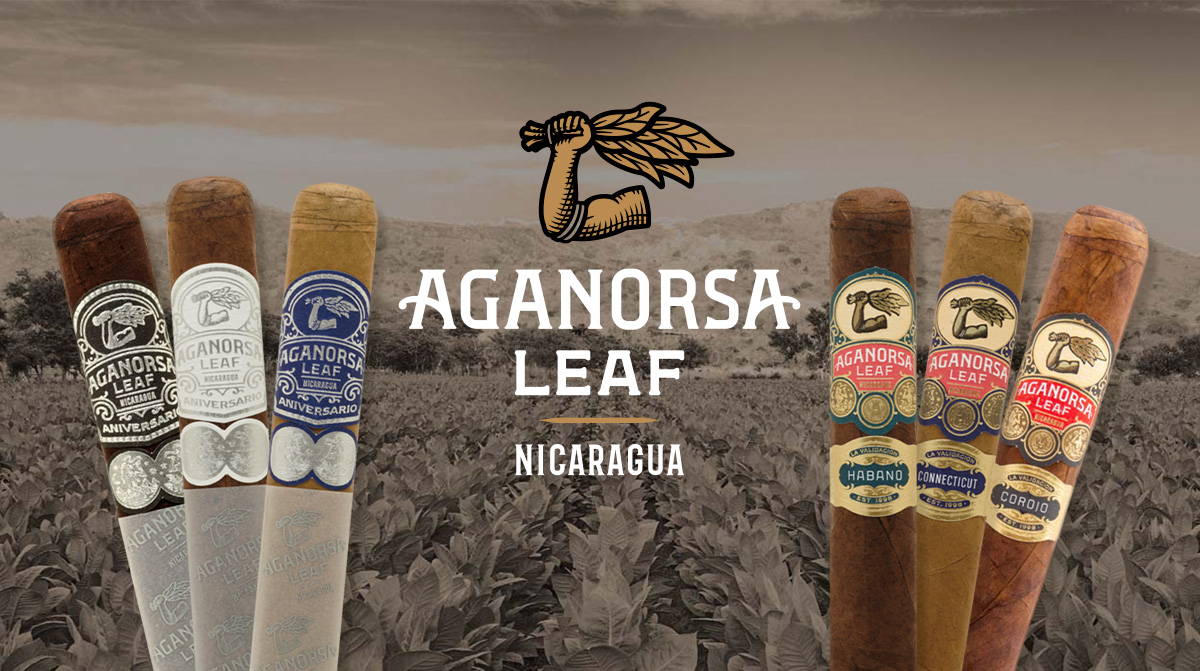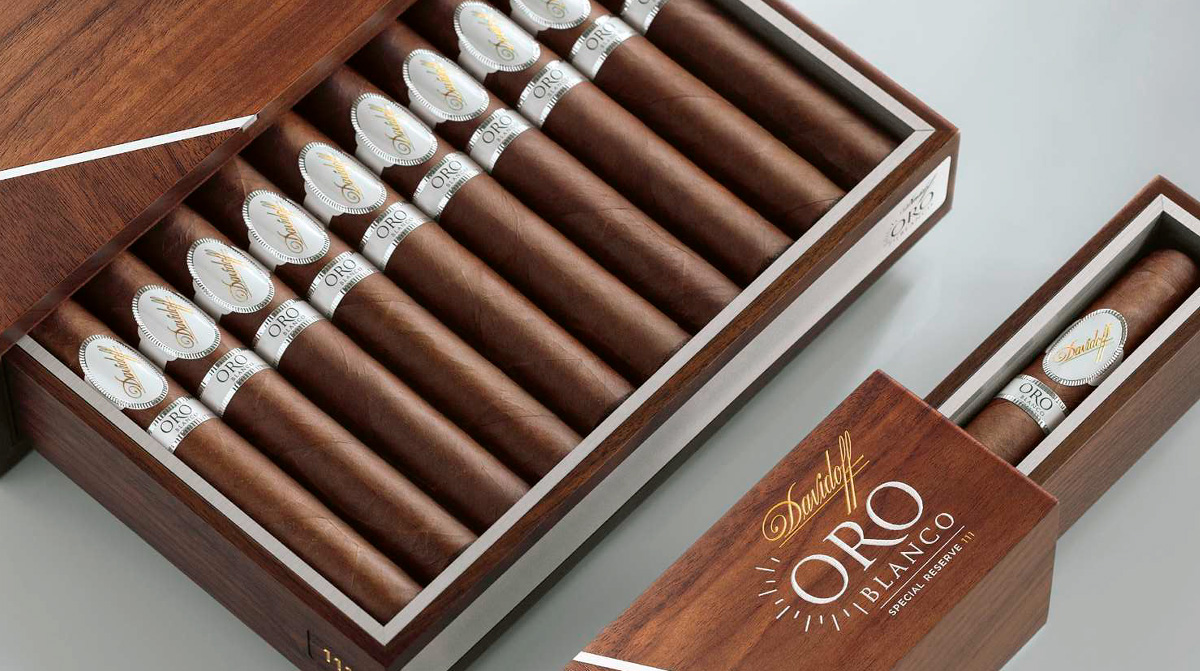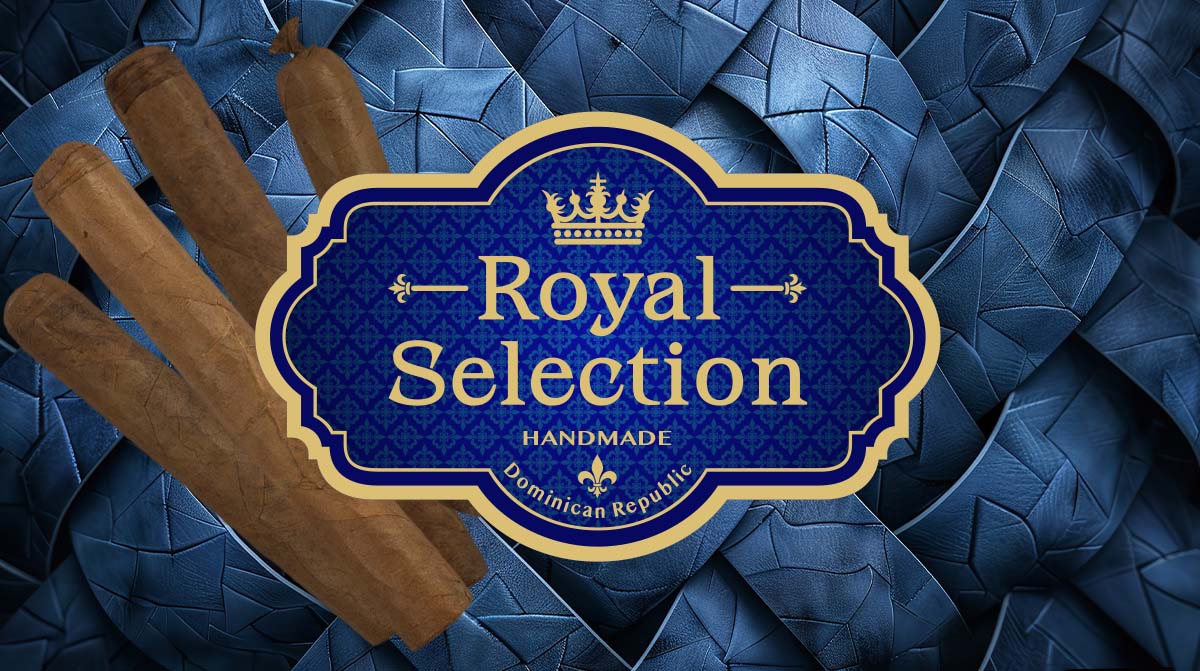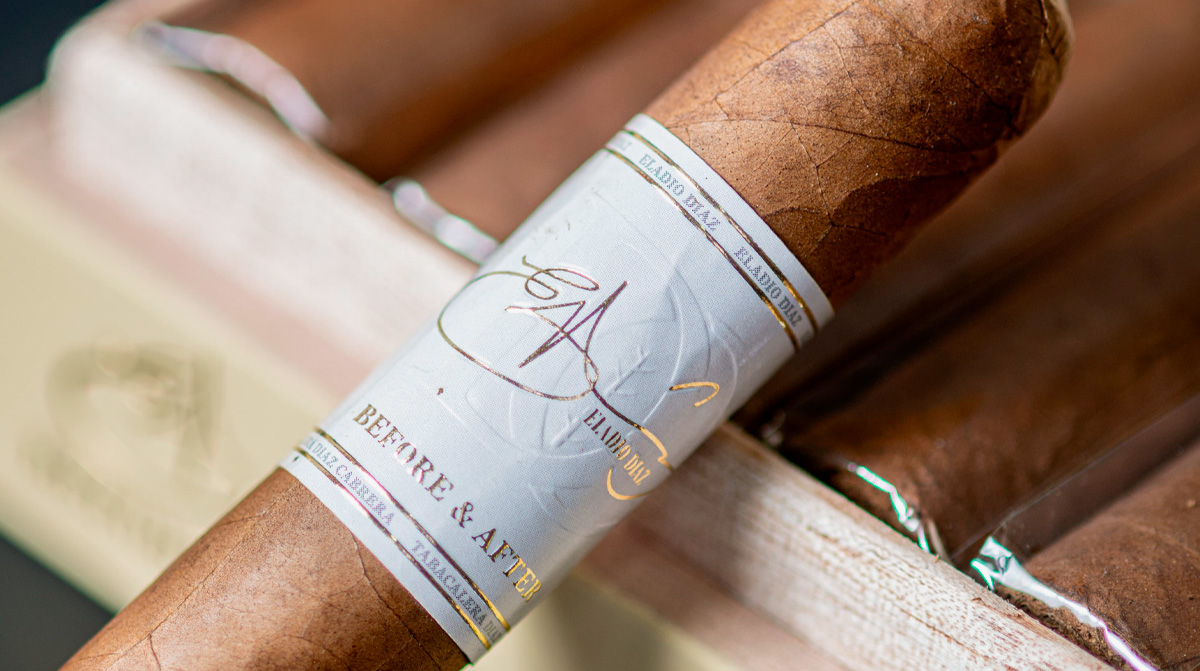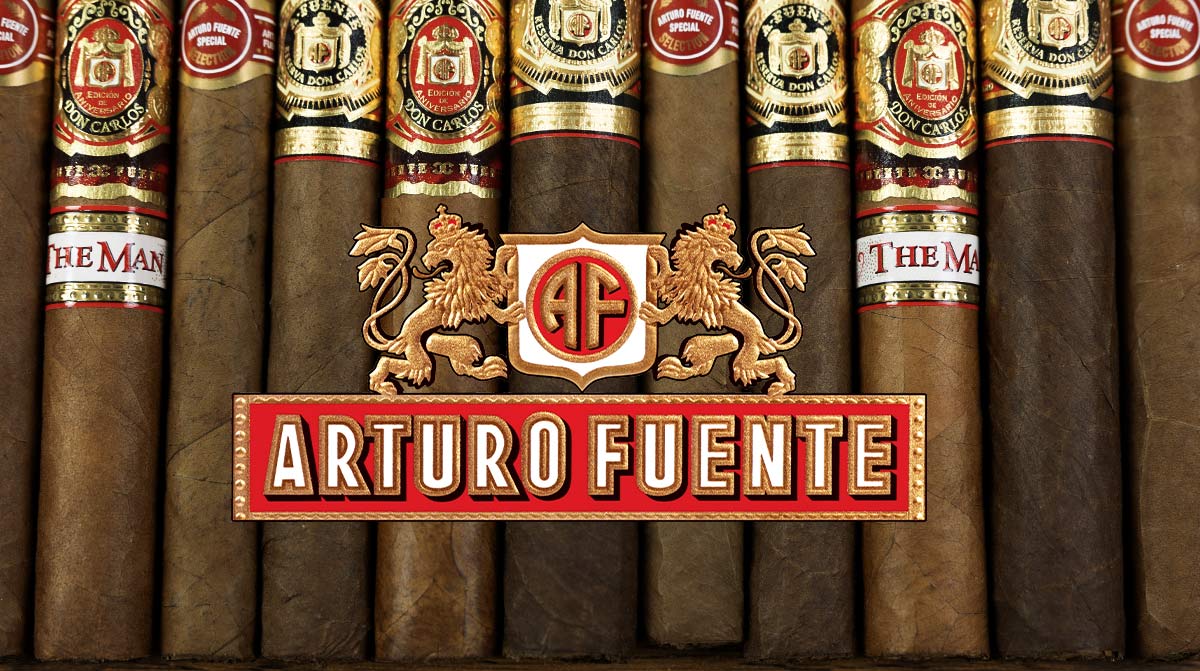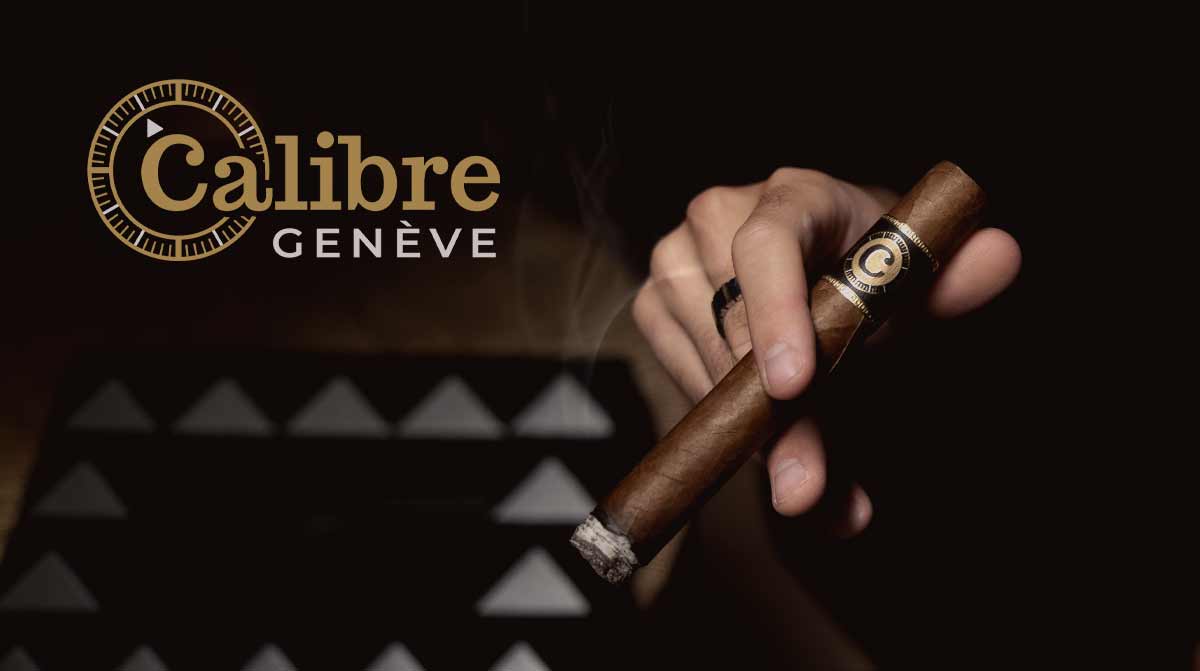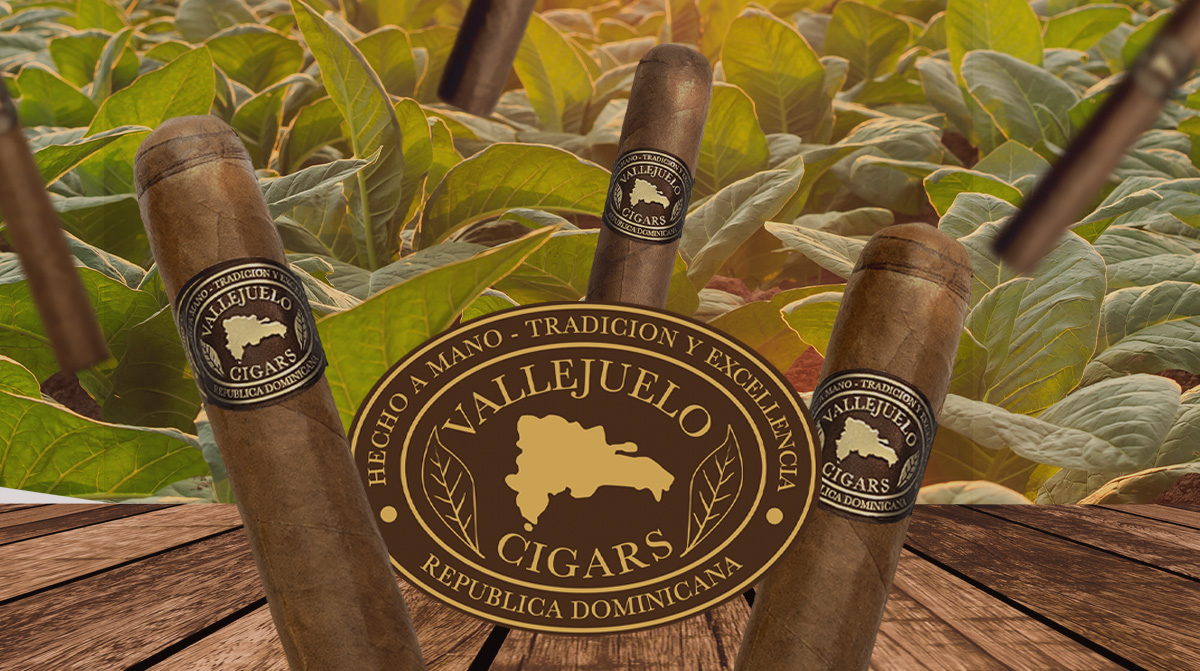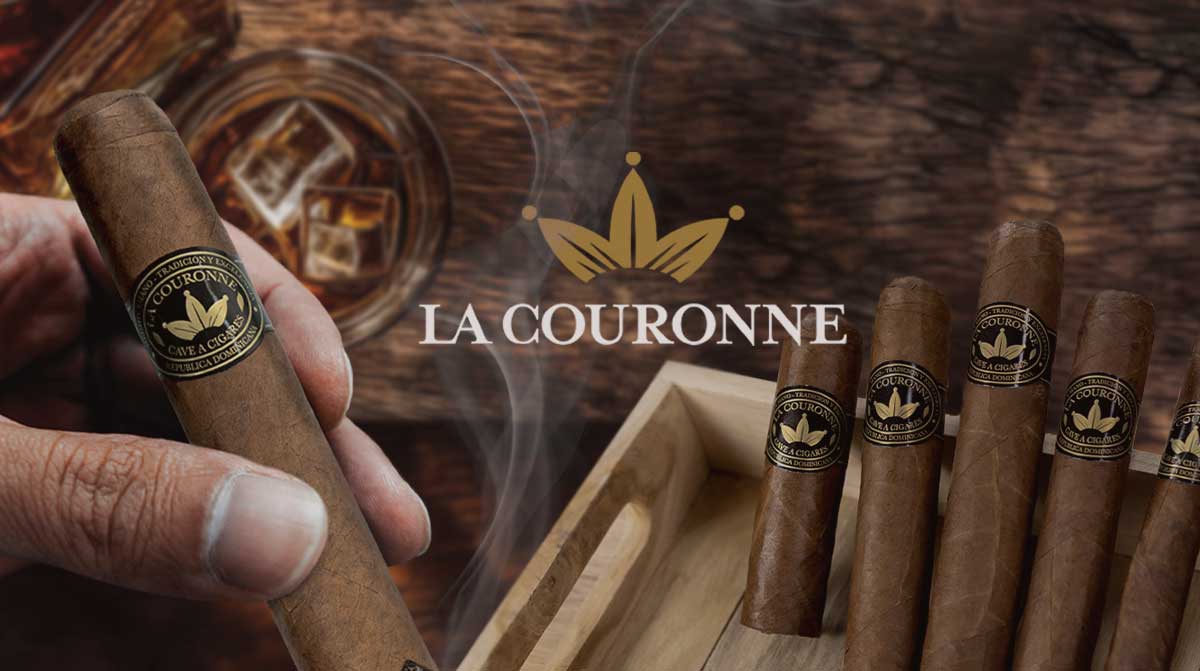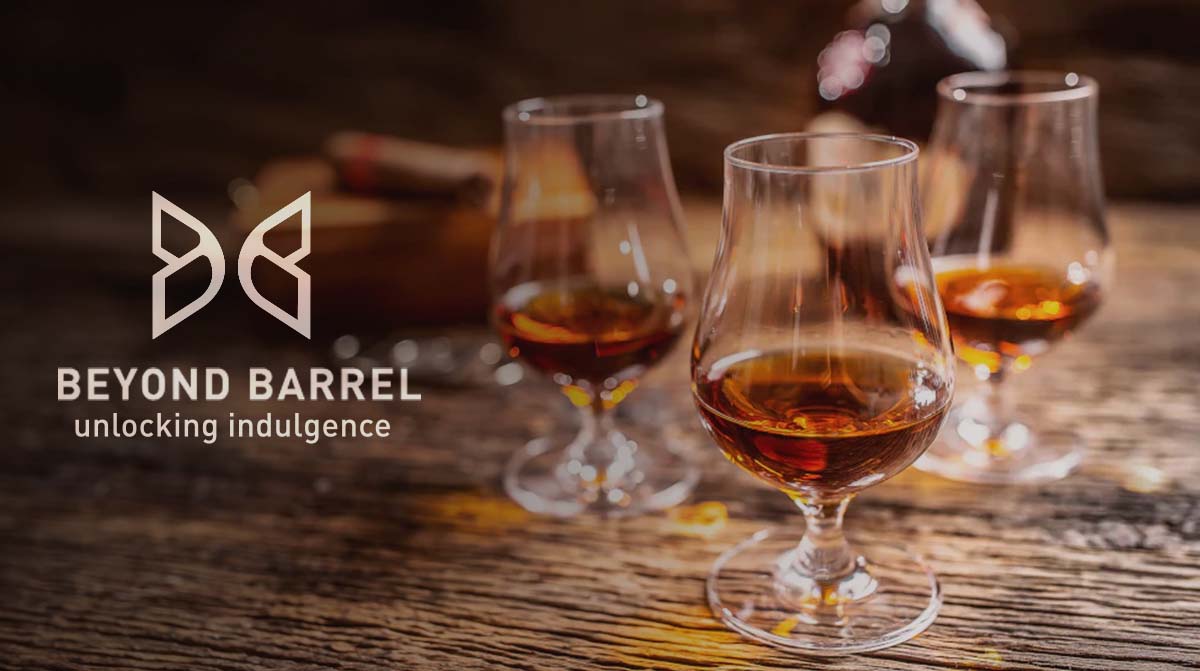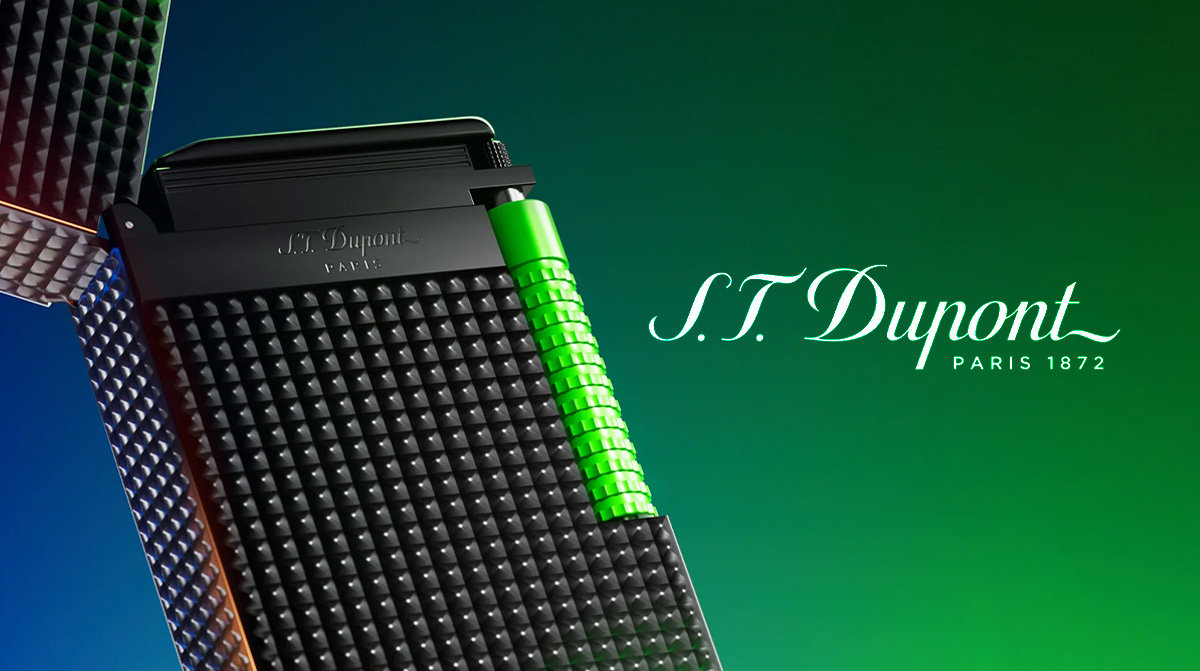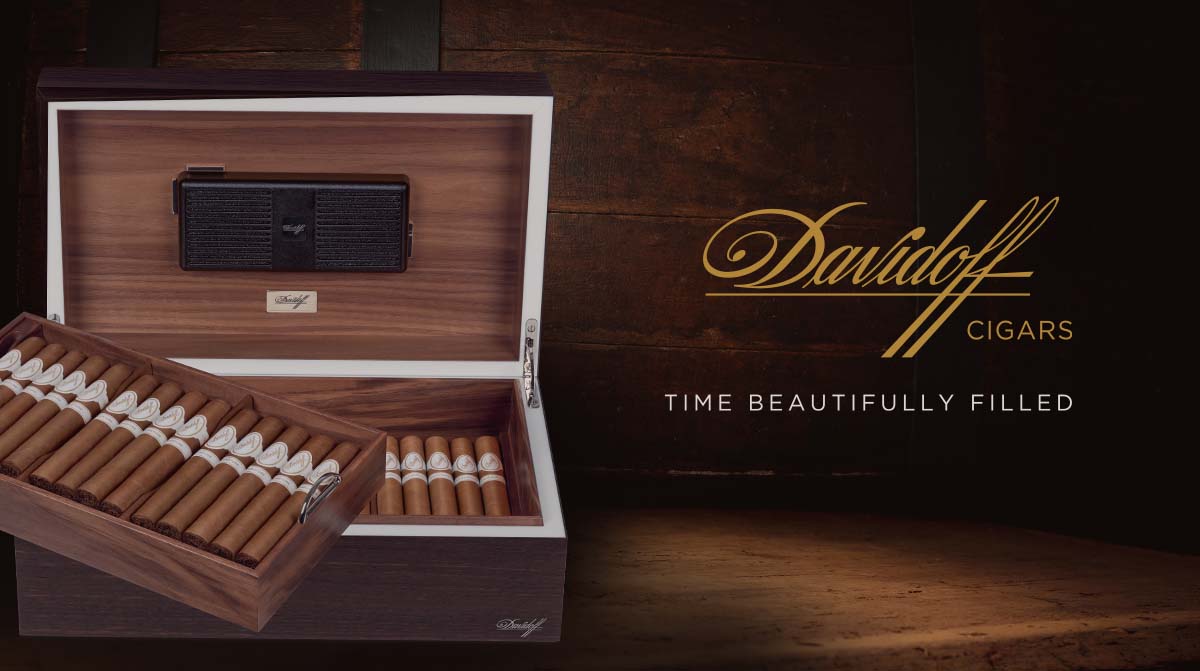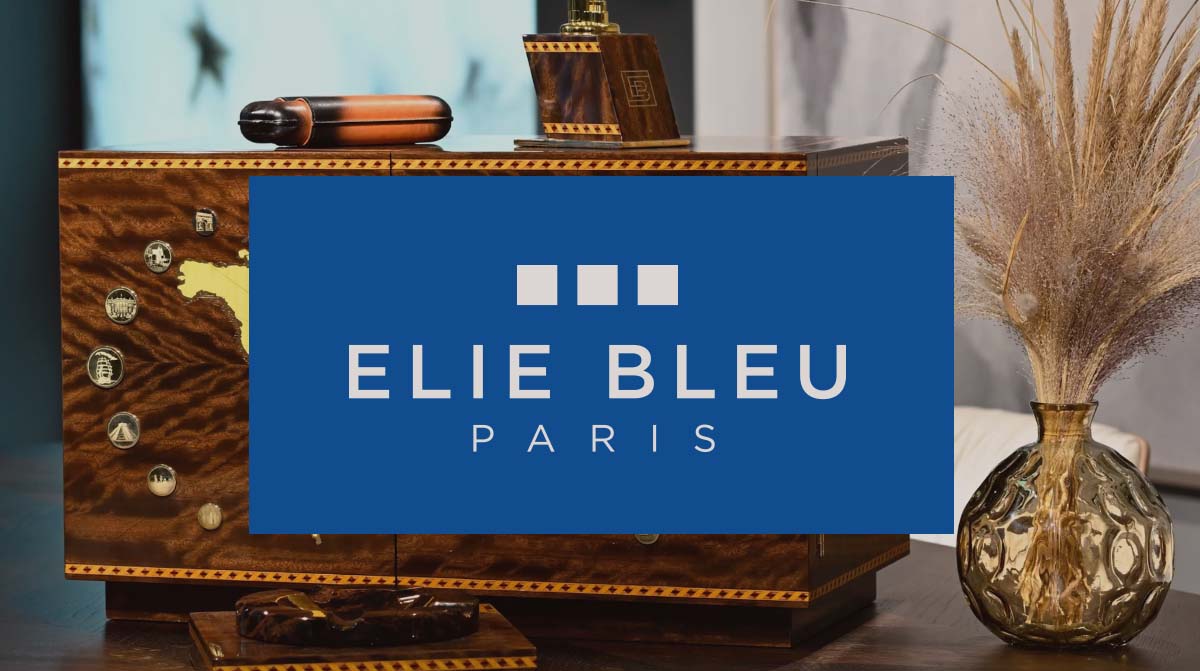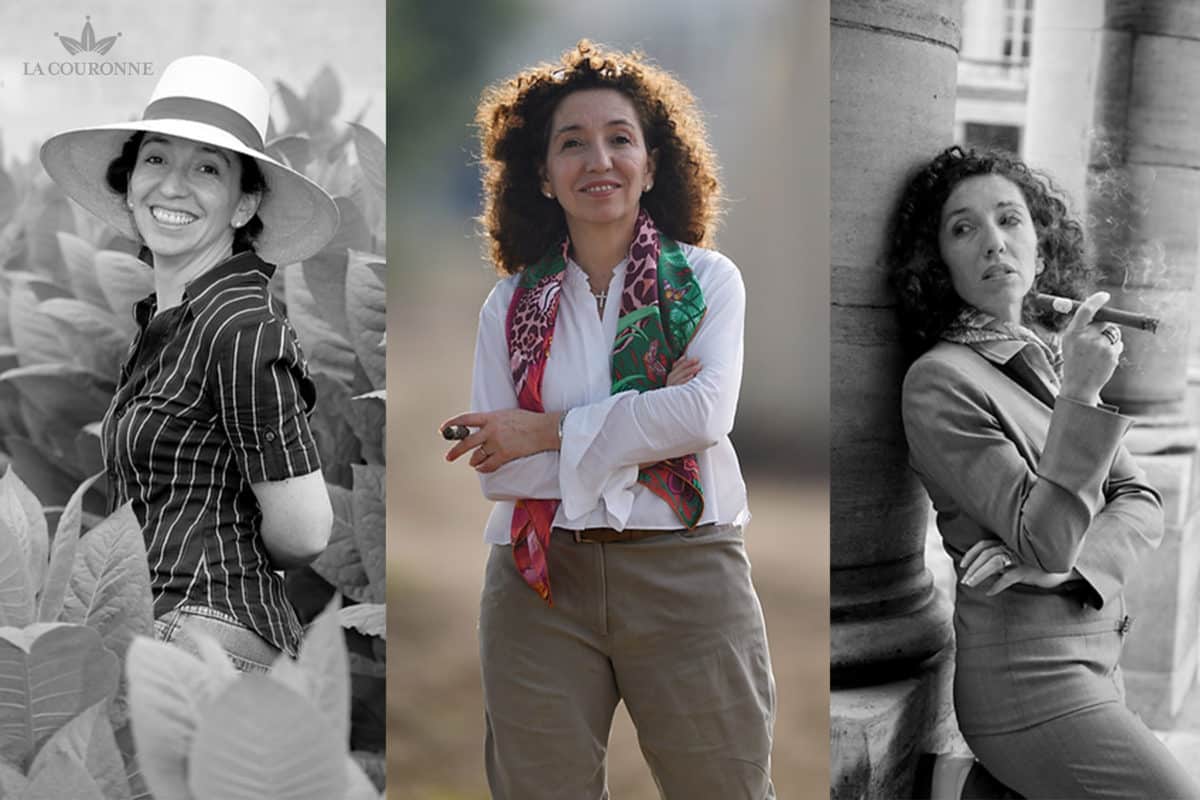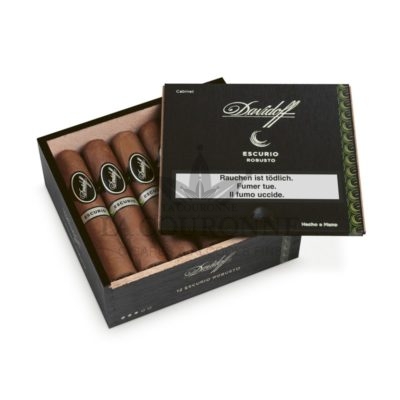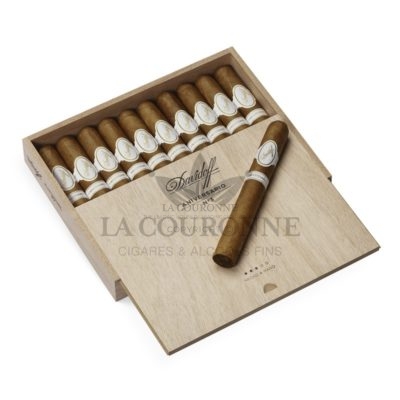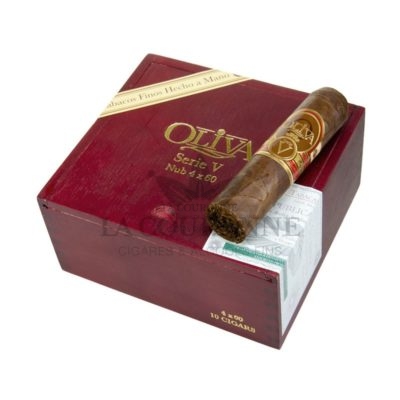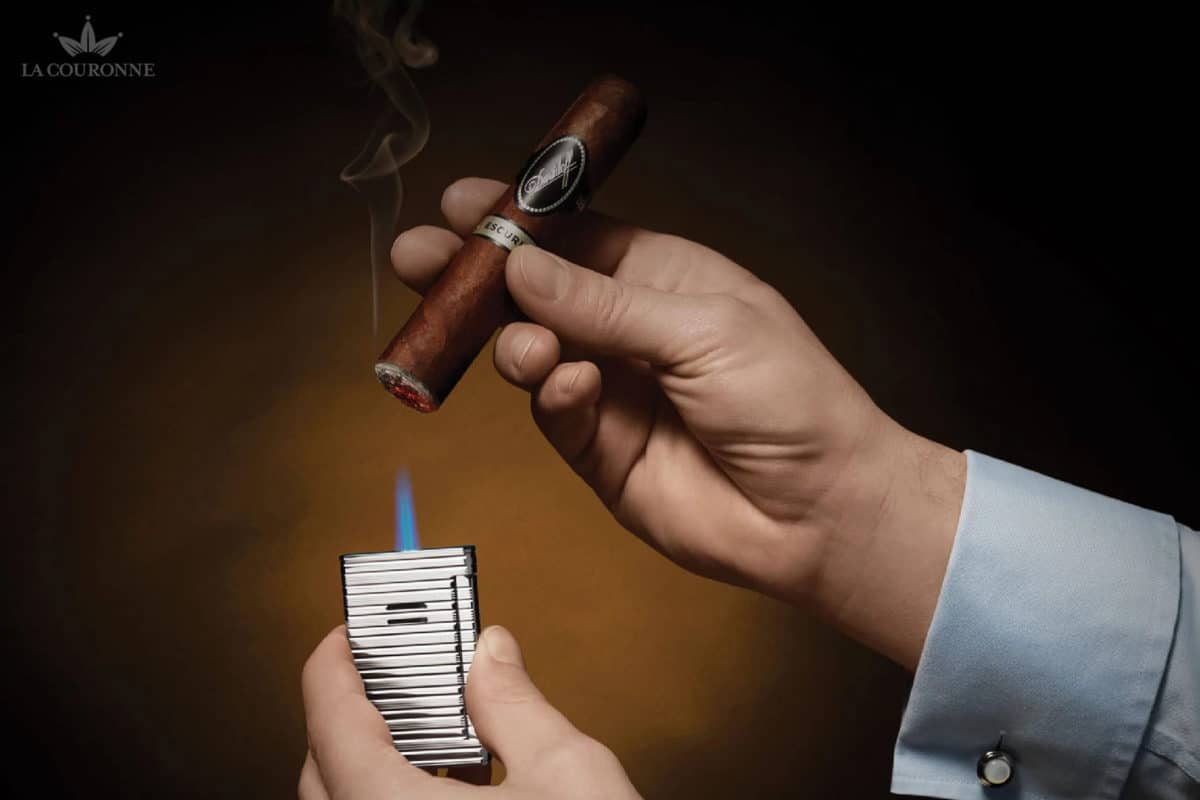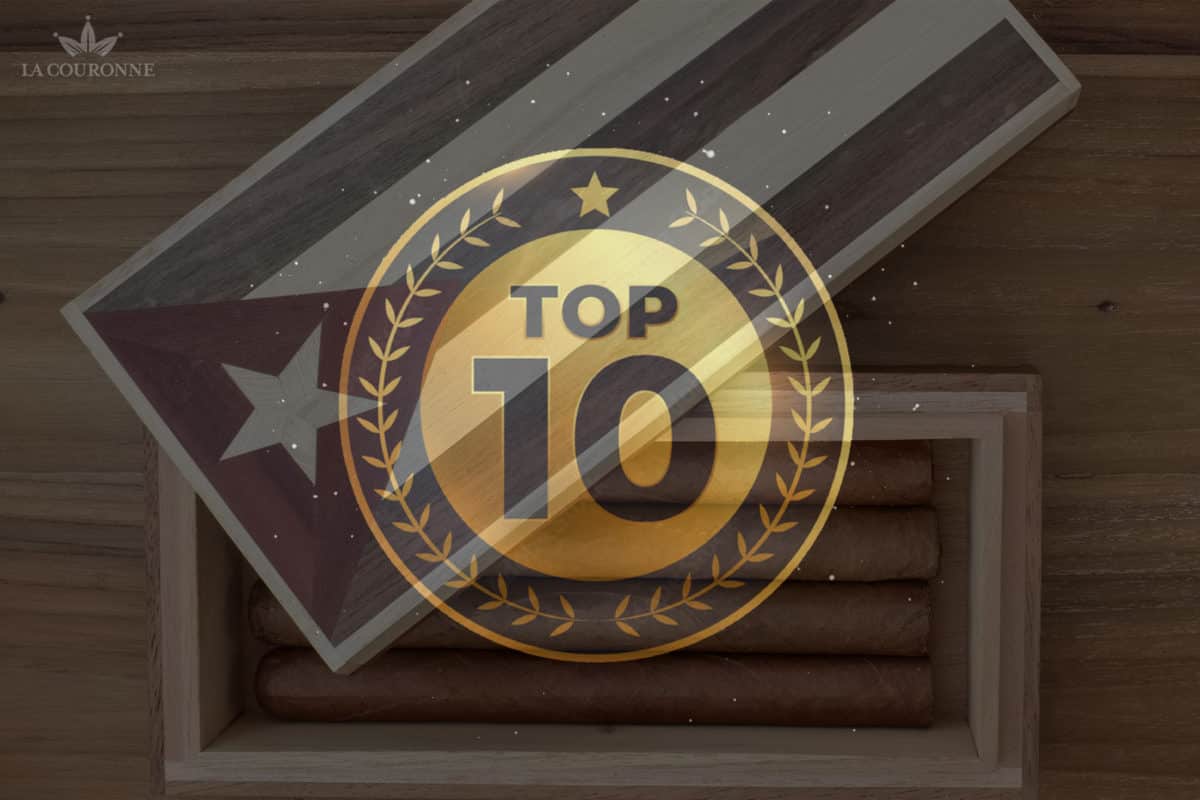Cigar smoking has always been considered a male preserve. While a few women, such as Georges Sand and Marlene Dietrich, have contributed to the advancement of gender stereotypes in this field, only a handful have succeeded in establishing themselves in the highly exclusive world of cigar manufacturers. premium cigar. Maya Selva is one of them...
Driven by an unshakeable ambition to bring the richness of her native Honduras to first the French and then the rest of the world, this Franco-Honduran quickly made a name for herself with her original, high-quality vitolas. Today, Maya Selva cigars come in three world-renowned brands, Flor de Selva, Cumpay and Villa Zamoranoand continue to attract new fans every year. Portrait of a "determined" woman.
The idea behind the Flor de Selva cigar
Born in 1965 in Tegucigalpa, Honduras, Maya Selva is the product of two worlds. With a Honduran father and French mother, she spent most of her youth in Honduras. At the age of 16, she moved to France to study for an engineering degree at the École Internationale des Sciences du Traitement de l'Information (EISTI). She then moved to the United States, where she obtained a Master of Science degree. In 1991, at the age of 26, she decided to return to Honduras to lay the foundations of a project close to her heart. Maya Selva's dream was to develop a Honduran 100% product, capable of raising her country's international profile.
After considering various options, she finally turned to the cigar which, she believes, is the product that best represents the richness of her terroirs. She also explains this choice by her desire to change the way the French look at her products. Honduran cigar. During her stay in Europe, she recounts having been struck by the average quality of the various Honduran cigars offered to consumers. This experience inspired her to create a high-quality Honduran 100% cigar bearing her name.
When Maya Selva began her adventure into the highly exclusive world of cigar manufacturers, the Honduran market was already dominated by two emblematic figures in the industry: Jorge Bueso, based in the north-west in the Copàn valley, and Nestor Plasenciawhose plantations are located in Danli in the south of the country. So it was only natural that she should approach them for support. While Don Jorge Bueso didn't take her seriously and refused to help, Nestor Plasencia recognized Maya Selva's potential and offered to collaborate with him in 1994.
The first steps of a giant
This meeting was to prove decisive for the future of the young Franco-Honduran. She spent over a year working alongside Nestor Plasencia, learning all the steps involved in producing a premium cigar. He even entrusted her with the management of his manufacturing plant. Tabacos de Oriente located in Danli. In 1995, she presented her first range of 5-cigars under her own name, which she sold to the most prestigious retailers in Paris. She sold her first box on Boulevard Bonne Nouvelle, then five boxes of each module in the "Boutique 22" on Avenue Victor Hugo. But her first major order came from a German distributor, Michael Kohlhase, who took fifty boxes. This collaboration continues to this day. Since 1996, Flor de Selva cigars sold over 100,000 copies, and in 1997, the magazine The Cigar Lover calls Flor de Selva Robusto a "classic of the genre".
Flor de Selva cigars are distinguished by their perfect construction and unique aromatic palette. They offer an organoleptic register halfway between the strength of Cuban cigars and the smoothness of Dominican cigars. Entirely hand-rolled from tobaccos grown in El Paraíso's Jamastrán Valley, these elegant cigars are easy to smoke and offer subtle woody flavours. As with her cigars, Maya Selva insists that the boxes that protect her wonderful vitolas are made entirely from Honduran woods. She favors royal cedar and tropical laurel for her packaging.
The birth of a cigar empire
Maya Selva's rapid rise to prominence in the premium cigar market is due first and foremost to her unfailing determination and attention to detail. Businesswoman, mother of two and talented master-blender, she skilfully juggles all these labels without ever neglecting anything. For her, the most important thing is to continue learning every day, because " tobacco is an empirical knowledge that only comes with time ". With this in mind, in 1999 she launched her second cigar brand called " Cumpay ".
When the borders between Honduras and Nicaragua reopened in 1996, Nestor Plasencia reclaimed his land in Nicaragua and introduced Maya Selva to this very special terroir. She fell in love with the slopes of the Omotepe volcano and its particularly fertile soils. It was this land that she chose for the production of its Nicaraguan puros. With fuller-bodied, spicier flavours than Flor de Selva, Cumpay cigars offer aromatic power of great finesse, confirming Maya Selva's incredible talent in the eyes of Europeans.
Just three years later, in 2022, she further expanded her catalog and created the Villa Zamorano brand. With more rustic and expressive flavors than Flor de Selva, this entry-level brand, made in Danli with Sumatra wrapper from Indonesia, stands out for its unrivalled value for money. The El Gordo format scored 92 in a blind tasting organized by the Cigar Journal in 2014. Villa Zamorano now accounts for 60% of Maya Selva Cigars sales, out of 2.5 million cigars sold each year.
Today, Maya Selva cigars enjoy a well-established reputation in the world of premium cigars. For over 20 years, these cigars have seduced Europeans, particularly the French, with their distinctive flavours and impeccable construction. But this success hasn't stopped the "queen of Honduran cigars" from continuing to look to the future. Since 2017, she has been working to develop her brands in the American market and, more recently, to introduce them in Asia. In 2022, Maya Selva was also elected Grand Master of the Confrérie de Jean Nicot, marking a milestone in the recognition of this determined woman whose ambition and perseverance seem to have no limits.
